Sometimes, English vocabulary can apply to Japanese conversation, as there are many loan words originated from English or other European languages. Yet, you have to be aware that some vocabulary carries a completely different meaning in “wasei-eigo”, also known as “Japanglish”. The third lesson is about household and places that you often see in daily life.
Learn more “made-in-Japan-English” words to avoid confusion! Lesson 1 <Eating & Drinking>
1. Aircon/ e-a-kon エアコン & Cooler/ ku-la- クーラー (Air-conditioner)
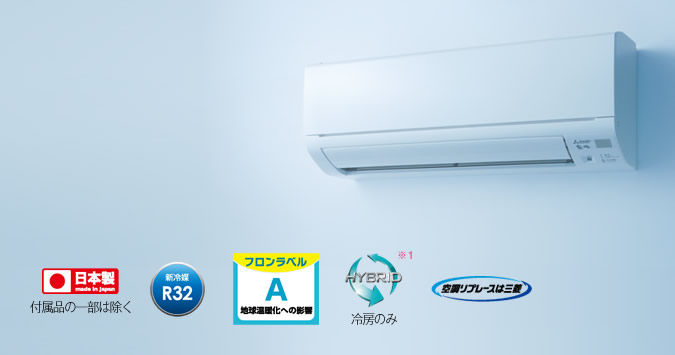
The necessary household item in hot summer, air-conditioner, is called “aircon” or “cooler” in Japanglish. Aircon is obviously the abbreviation of “air-conditioner.” You might imagine glass-door refrigerator in a supermarket when you hear the word “cooler,” but it actually is the short form of “air-cooler.”
2. Consent/ konsento コンセント (electrical outlet)
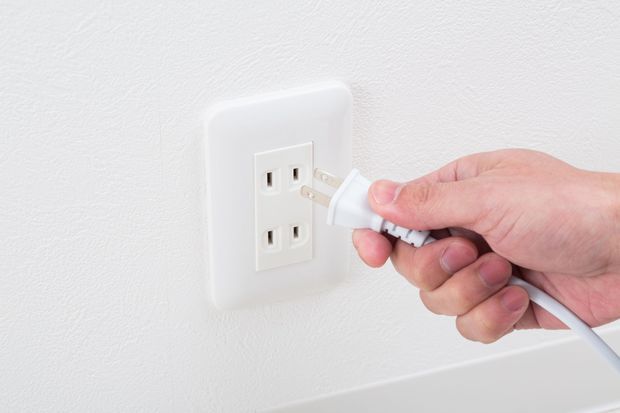
This is probably one of the “wasei-eigo” whose meaning is the most removed from its origin. It is not about mutual consent or permit, but it actually means “electrical socket/ outlet”. Some said this Japanglish is originated from the English phrase “concentric plug” in the Meiji Period.
3. Remocon/ rimokon リモコン (remote control)

Another classic abbreviation from English, taking “remo” from “remote” and “con” from “control”, and there you go! This is definitely the vocabulary you need when shopping at a household appliance store.
4. Stove/ sutobu ストーブ (heater)
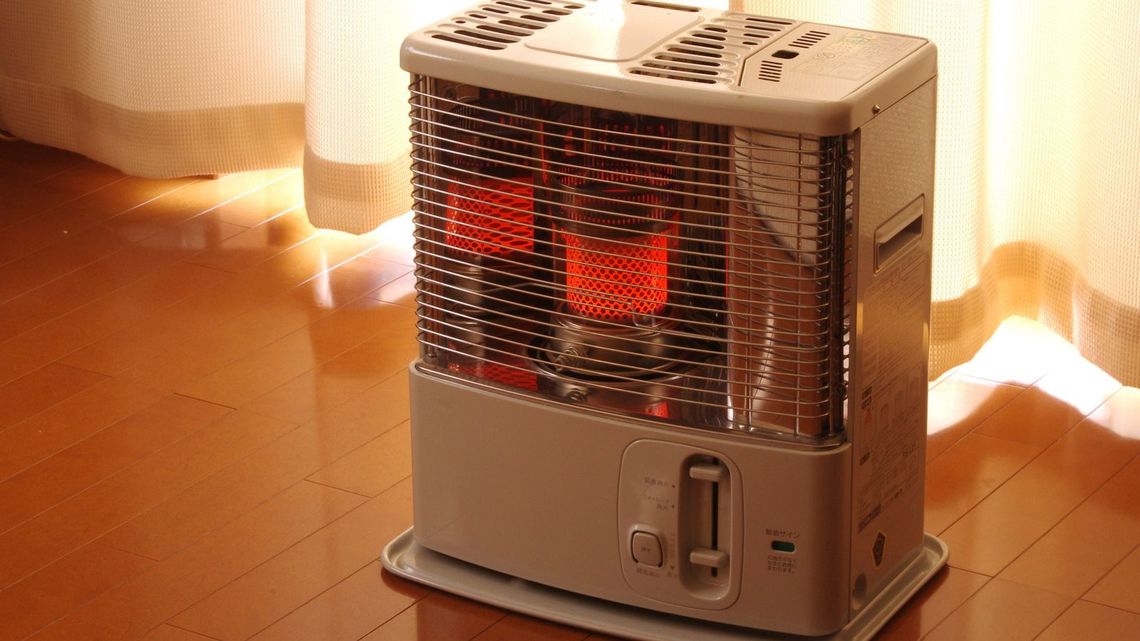
When you go to a Japanese friend’s home in the wintertime, and your friend sees you shivering in coldness so he suggests, “let’s turn on the stove.” You probably would be like what on earth a cooking stove can make you warm? Is he going to burn you alive? No! In Japanglish, “stove” means heater, while “konro/コンロ” means stove in Japanese.
5. Denshi renji 電子レンジ (microwave oven)
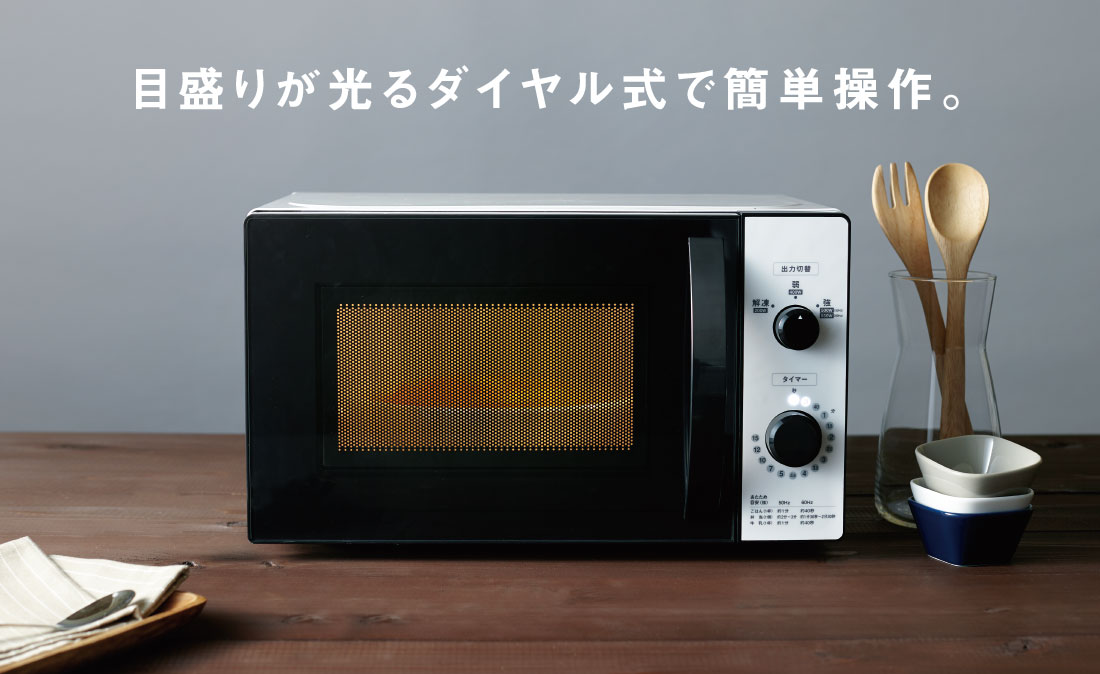
The word “denshi” means electronics, while “renji” is the Japanese pronunciation of “range.” When it was introduced in Japan in the 1960s, the public was unfamiliar with the concept of microwave, and they were suspicious about the side effect of this machine. One electrics industrial company decided to name it as “denshi renji”, as the word “electronics” implies a high-end brand and high-tech image in Japanese market. A microwave oven has gradually become a necessary and convenient item in every house. Another fun fact is the verb ”chin suru/ チンする”. “Chin” is the onomatopoeia of the “ding” sound it made when the food in microwave is ready. Next time try to ask the staff to “chin” your cold bento in the convenience store.
6. Apato/ アパート (apartment)
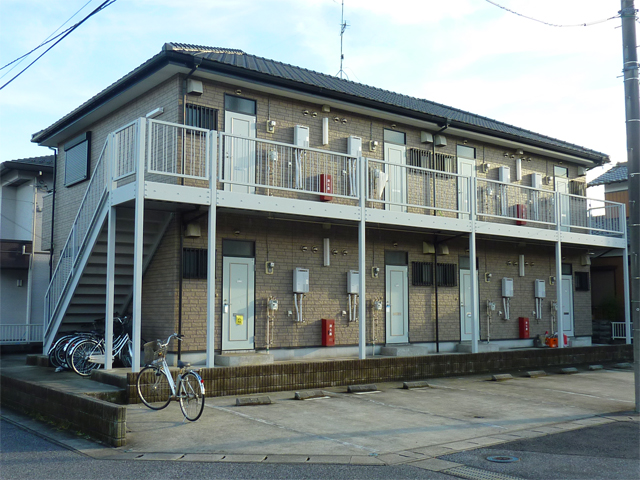
“Apato” is the abbreviation from the word “apartment”, yet “apartment” in Japanglish generally refers to a single two-storey building, with an average of six to ten flats inside. It is relatively cheaper than other flats as the construction material is mainly wood/ light metal.
7. Mansion/ マンション (condominium)
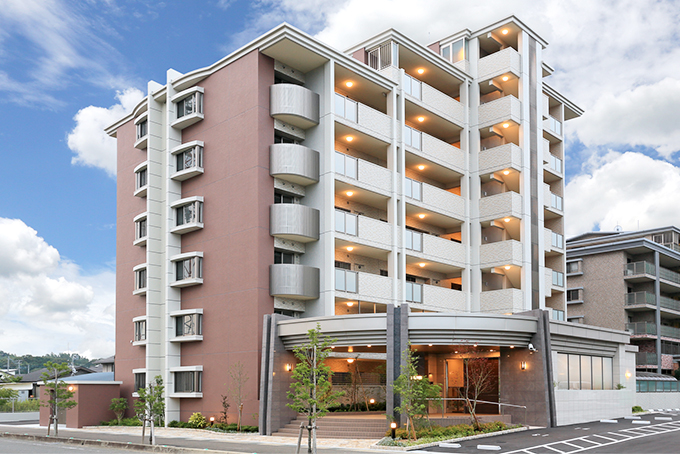
You might imagine a luxurious mansion on the peak or mega lake house when you hear the word “mansion”. However, the word “mansion” in Japanglish refers to a condominium. Any condominium which is three-storey or above, usually concrete based, and with security, is called “mansion” in Japan. So do not get over-excited when someone invites you to sleepover at his/her mansion!
8. Depart/ Depato デパート (department store)
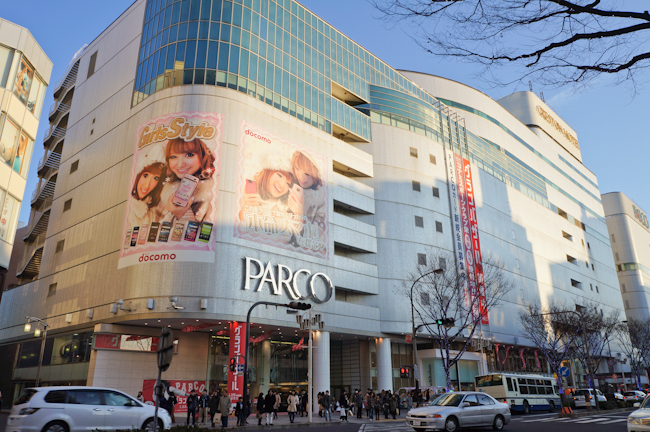
Another abbreviation from the phrase “department store.” In metropolises like Tokyo and Osaka, department stores sometimes are the most iconic building in their district. Besides from local department stores, multi-functional department stores with residential and commercial buildings are the new trend in Japan.
9. Super/ supa スーパー (supermarket)

The word “super” is not a compliment. It refers to the store where you can find everyday essentials, fresh vegetables and food, sundries, and lots of items that you did not even think it exists. Dig into the treasure box of 100 yen shop near or inside the supermarket and look for Japan-only household items.
10. Claim/ kuremu クレーム (complaint)

Despite the well-known hospitality in Japan, it is still unavoidable to find conflicts when living in Japan. If you, unfortunately, have to make a complaint or if you are receiving one, learn about the “claim” method and solution in Japan. The word “claim” does not simply mean to say something you believe that is true even you cannot prove it, it means “to complain” or “complaint.”

